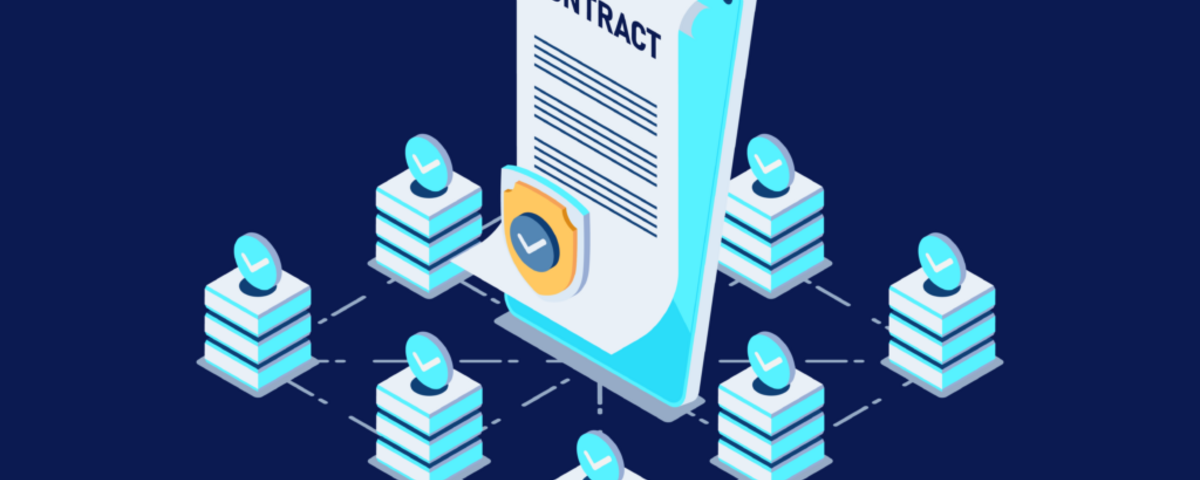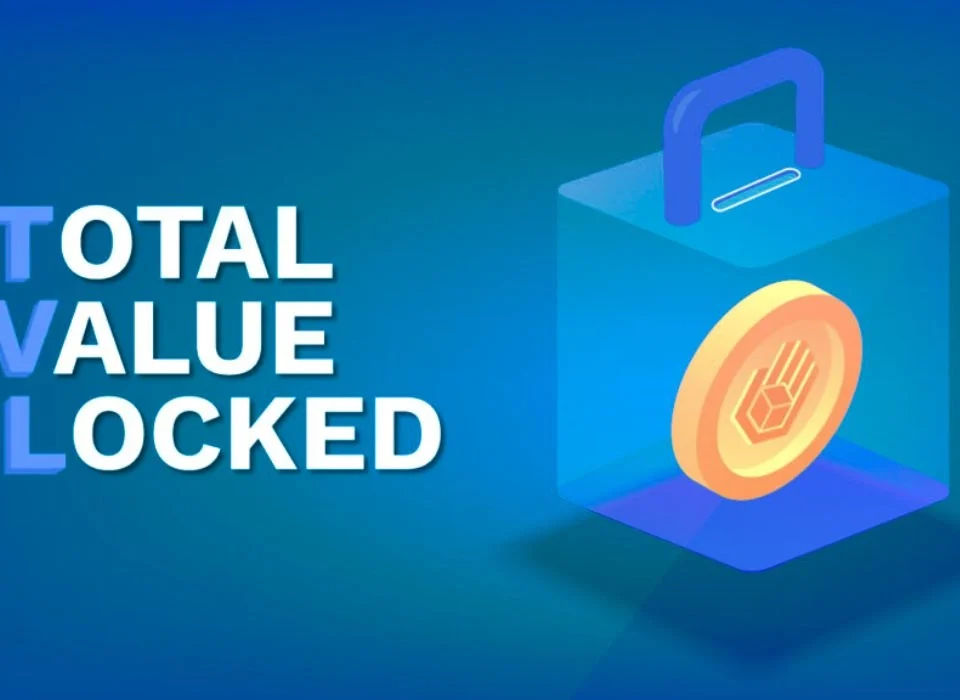
The Benefits and Risks of Crypto Swaps
30/07/2024
How to Participate in a Crypto Hackathon
31/07/2024The Role of Smart Contracts in Decentralized Applications
Smart contracts have revolutionized the way decentralized applications (dApps) operate, providing a secure, transparent, and automated means of executing agreements. These self-executing contracts, stored on blockchain platforms, are central to the functionality of dApps, enabling a wide range of applications in finance, supply chain, healthcare, and beyond. This comprehensive guide explores the role of smart contracts in decentralized applications, their benefits, challenges, and future prospects.
Introduction to Smart Contracts
What are Smart Contracts?
Smart contracts are self-executing contracts with the terms of the agreement directly written into code. They automatically enforce and execute the terms when predefined conditions are met, without the need for intermediaries. Stored on blockchain networks, smart contracts offer transparency, security, and immutability.
How Smart Contracts Work
Smart contracts operate on blockchain platforms, primarily Ethereum, although other blockchains like Binance Smart Chain, Polkadot, and Solana also support them. The code and the agreements contained within a smart contract exist across a distributed, decentralized blockchain network. Once deployed, the contract executes automatically when its conditions are met, ensuring all parties adhere to the terms.
Benefits of Smart Contracts in Decentralized Applications
Automation and Efficiency
Smart contracts automate processes that traditionally require manual intervention or third-party oversight. This automation reduces the need for intermediaries, speeds up transactions, and lowers operational costs.
Real-Time Execution
Smart contracts execute in real-time, eliminating delays associated with manual processing and verification. This is particularly beneficial in financial transactions, where speed is critical.
Security and Trust
Smart contracts provide a high level of security due to their decentralized nature and cryptographic principles. Once deployed, they are immutable, meaning their code cannot be altered. This ensures that the terms of the contract are tamper-proof and reliable.
Transparency
All transactions and contract terms are recorded on the blockchain, ensuring transparency. This allows all parties to verify the terms and the execution of the contract independently.
Cost Reduction
By eliminating intermediaries and automating processes, smart contracts significantly reduce transaction and administrative costs. This makes decentralized applications more cost-effective than their traditional counterparts.
Accuracy and Precision
Smart contracts execute exactly as programmed, reducing the risk of human error. This precision ensures that all contractual obligations are met without discrepancies.
Enhanced Functionality for dApps
Smart contracts expand the functionality of decentralized applications by enabling complex transactions and processes. They can handle a wide range of tasks, from simple transfers of assets to complex decentralized finance (DeFi) protocols and governance mechanisms.
Use Cases of Smart Contracts in Decentralized Applications
Decentralized Finance (DeFi)
DeFi platforms leverage smart contracts to offer financial services such as lending, borrowing, trading, and yield farming without traditional intermediaries. Examples include:
- Uniswap: A decentralized exchange (DEX) that uses smart contracts to facilitate automated trading of tokens.
- Compound: A DeFi lending platform where users can supply or borrow assets and earn interest, all governed by smart contracts.
Supply Chain Management
Smart contracts enhance transparency and efficiency in supply chains by automating the tracking and verification of goods. Each step of the supply chain can be recorded on the blockchain, ensuring provenance and reducing fraud.
Examples
- Provenance: Uses smart contracts to track the journey of products through the supply chain, ensuring authenticity and ethical sourcing.
- IBM Food Trust: A blockchain-based solution that leverages smart contracts to improve transparency and traceability in the food supply chain.
Healthcare
In healthcare, smart contracts can be used to manage patient records, streamline billing, and ensure the authenticity of pharmaceuticals. This enhances data security and reduces administrative overhead.
Examples
- MedicalChain: Uses smart contracts to securely store and share electronic health records.
- PharmaLedger: A blockchain consortium leveraging smart contracts to enhance the transparency and security of pharmaceutical supply chains.
Real Estate
Smart contracts facilitate real estate transactions by automating processes such as property transfers, lease agreements, and payments. This reduces the need for intermediaries like brokers and lawyers.
Examples
- Propy: A real estate platform that uses smart contracts to simplify property transactions and title transfers.
- Ubitquity: Provides blockchain-based real estate and title record solutions using smart contracts to enhance transparency and reduce fraud.
Gaming and NFTs
The gaming industry and the market for non-fungible tokens (NFTs) have embraced smart contracts to create, trade, and manage digital assets. This enables new business models and revenue streams.
Examples
- Axie Infinity: A blockchain-based game where players use NFTs to own, breed, and battle virtual creatures.
- OpenSea: A marketplace for NFTs, where smart contracts govern the creation, sale, and transfer of digital assets.
Governance and Voting
Decentralized autonomous organizations (DAOs) use smart contracts to manage governance and voting processes. This ensures transparency and fairness in decision-making.
Examples
- MakerDAO: A decentralized organization governing the Maker Protocol, where smart contracts facilitate the issuance and management of the DAI stablecoin.
- Aragon: A platform for creating and managing DAOs, with smart contracts handling governance and organizational rules.
Challenges of Smart Contracts
Security Vulnerabilities
While smart contracts are designed to be secure, they are not immune to bugs and vulnerabilities. Security flaws in the code can be exploited by malicious actors, leading to significant financial losses.
Notable Incidents
- The DAO Hack: In 2016, a vulnerability in The DAO’s smart contract was exploited, resulting in the theft of $50 million worth of Ether.
- Parity Wallet Hack: In 2017, a bug in the Parity multi-signature wallet led to the loss of over $150 million worth of Ether.
Scalability Issues
Blockchain networks, particularly Ethereum, face scalability challenges that can affect the performance of smart contracts. High transaction volumes can lead to network congestion and increased gas fees, impacting the efficiency of dApps.
Legal and Regulatory Uncertainty
The legal status of smart contracts is still evolving, with different jurisdictions having varying levels of recognition and regulation. This uncertainty can pose challenges for widespread adoption and enforceability.
Complexity and Usability
Developing and interacting with smart contracts requires technical expertise. The complexity of smart contract development can be a barrier to entry for many developers and users.
Immutability Concerns
While immutability is a strength of smart contracts, it can also be a limitation. Once deployed, smart contracts cannot be easily modified, making it difficult to correct errors or adapt to changing requirements.
Best Practices for Smart Contract Development
Code Audits
Conduct thorough code audits to identify and fix vulnerabilities before deploying smart contracts. Engaging third-party security firms for audits can provide an additional layer of assurance.
Testing and Simulation
Extensively test smart contracts in various scenarios and simulate real-world conditions to ensure they function as intended. Use testnets to conduct simulations without risking real assets.
Modular Design
Adopt a modular design approach to smart contract development. This makes it easier to update and manage individual components without affecting the entire contract.
Clear Documentation
Provide clear and comprehensive documentation for smart contracts. This helps users understand the contract’s functionality and ensures transparency.
Regular Updates and Maintenance
Even after deployment, regularly review and update smart contracts to address emerging vulnerabilities and adapt to changing requirements.
Future Prospects of Smart Contracts in Decentralized Applications
Layer-2 Solutions
Layer-2 scaling solutions, such as Optimistic Rollups and zk-Rollups, aim to improve the scalability of blockchain networks. These solutions can enhance the performance of smart contracts and make dApps more efficient.
Interoperability
Interoperability between different blockchain networks will expand the capabilities of smart contracts. Projects like Polkadot and Cosmos are working on creating interconnected blockchain ecosystems.
Integration with AI and IoT
The integration of artificial intelligence (AI) and the Internet of Things (IoT) with smart contracts can unlock new possibilities for automation and data-driven decision-making in dApps.
Legal Recognition and Standardization
As the legal and regulatory landscape evolves, we can expect greater recognition and standardization of smart contracts. This will enhance their enforceability and facilitate wider adoption.
Enhanced User Experience
Future developments will focus on improving the user experience of interacting with smart contracts. This includes more intuitive interfaces, better educational resources, and seamless integration with existing systems.
Conclusion
Smart contracts play a pivotal role in the functionality of decentralized applications, offering automation, security, transparency, and cost efficiency. Despite challenges related to security, scalability, and legal recognition, the future of smart contracts in dApps looks promising. As technology evolves and best practices are adopted, smart contracts will continue to drive innovation and transform various industries, from finance and supply chain management to healthcare and gaming. Understanding their role and potential is essential for anyone involved in the development and use of decentralized applications.



